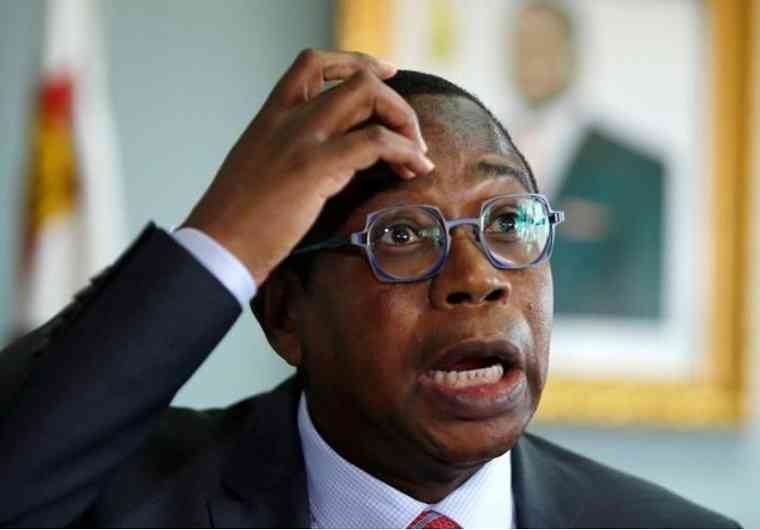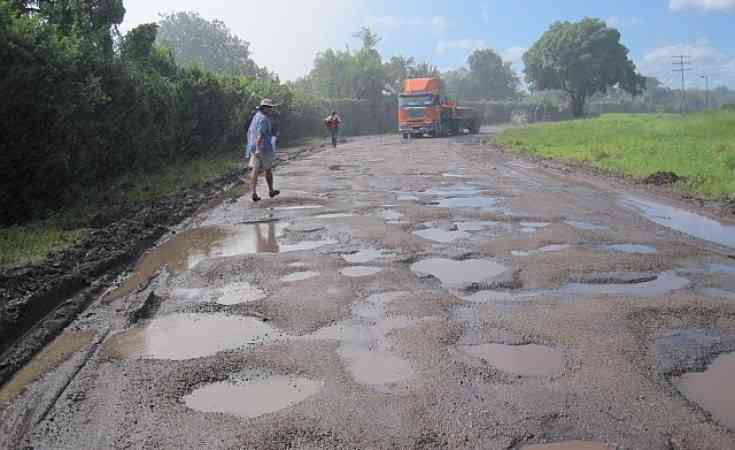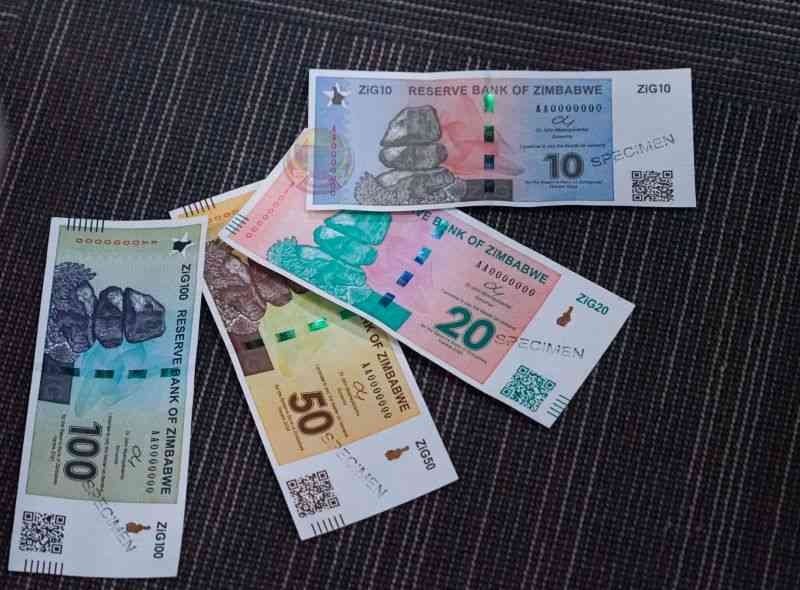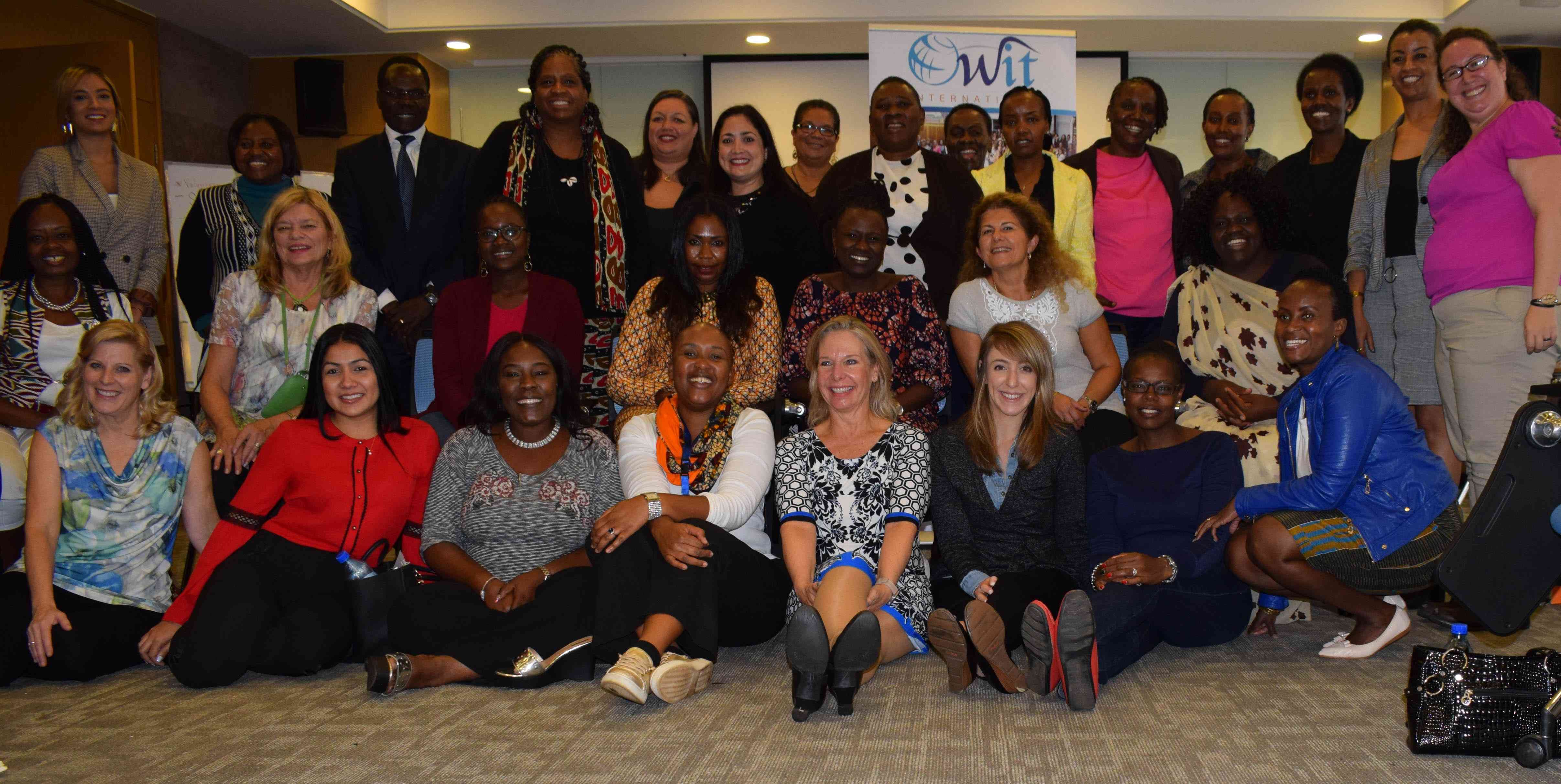
It is perhaps not often that issues of public leadership are brought to the fore in Zimbabwe, as during the build-up to the presentation of the national budget by the Finance minister.
It is during this (August-September) period that state authorities, civil society and traditional leaders are caught up in a frenzy of activities in the form of budget preparations as well as budget consultations.
Public budgeting is really about building trust. But what exactly is going to be the function of ‘budget consultations’ in our specific circumstances as a poor country, where there are no ambulances and medicines at major hospitals?
A country where, unexpectedly one morning, a political elite can dish out US$1m birthday gifts, just like confetti?
Over the decades, our fixation as a country with ‘budget consultations’ (rather than ‘budget outcomes or impacts) has to be queried.
When, every budget year, citizens gather in costly ‘budget consultation’ venues, which include hotels, the universal quest is about livelihood concerns; (more jobs, lower taxes, lower prices, incomes and working conditions for education, and health staff and public officials, food security and poverty reduction), and better services (electricity, water, roads, clinics, school blocks in the neighborhoods and communities).
Budget consultations come graced with free lunch and some ‘transport cash reimbursement’ incentive, and this despite the persistent economic deterioration so evident in the life of communities; the rampant unemployment, the deprivation and poverty.
Are ‘budget consultations’ really forums for eliciting ‘people participation’, or securing mandates?
- Mavhunga puts DeMbare into Chibuku quarterfinals
- Bulls to charge into Zimbabwe gold stocks
- Ndiraya concerned as goals dry up
- Letters: How solar power is transforming African farms
Keep Reading
Or have they not become a cheap excuse to seek legitimacy for the same programs that eat into our social fabric, undermining the hope, the future and the life of especially the younger generations?
Why is it, inspite of these budget consultations, this cherished ‘miracle turnaround’ in the economic life of communities remains a mirage, unattainable, in the order of the mystique? Are budgets not about ‘the achievable’?
Therefore, do the 2025 national budget consultations really help break the vicious cycles of regressive programing, budgeting, and the consequent strangleholds of poverty?
Zimbabwe’s budget cycle formally starts with the announcement of the budget strategy paper (BSP) by the Finance minister.
The BSP assesses the performance of key economic variables including the national output, trade, revenues and expenditures, inflation and interest rates, against set targets, before painting a picture of what is feasible.
The overarching framework of the annual BSP is a medium-term development plan, itself underpinned by a long-term national development vision.
Thus envisaged, budget strategies become the ‘engines’ that drive economic activities towards set targets during one budget year.
Through budgets, policy makers should be able to steer the economy towards measurable predetermined outcomes, as inspired by the national vision.
The question now being, are budget consultations are helping shape the economy towards outcomes that are pro-people, leveraging economic performance towards greater capacity utilisation, employment and income growth, and improvement in the quality of life of Zimbabweans, as highlighted in the Vision 2030?’
How credible are the currency/banking sector reforms, and also the anti-corruption program?
Budget trends and options
In 2025, 70% of the world’s population lives on less than the United Nations (UN) benchmark/poverty datum line of US$1 per day, and inequalities prevail.
For most African countries, over 2000-2010 activities of fiscal and monetary authorities in Sub Saharan Africa came under intense scrutiny as budget imbalances, exchange rate depreciation, failure of currency reforms, inflation and economic instability surpassed world records.
In 2008 inflation in Zimbabwe, a member of the Southern African Development Community (Sadc), broke the 1000% threshold.
In 2025, Zimbabwe is struggling to have a currency its own. At the same time, millions of inhabitants in Sadc, a region endowed with some of the world’s richest mineral deposits, are poverty stricken, in need of food aid. The future looks bleak
When government encounters a mismatch between a constricted revenue base and fast expanding expenditures, the risks are always in terms of three highly political and quite unsavory options; spending cuts, rising taxes, or rising debt levels.
Spending cuts mean reductions in public health, education, social services or infrastructure investments.
Meaning children don’t go to school, teachers don’t get paid, hospitals are poorly equipped with resources and medicines, communities don’t have access to electricity, water and sanitation, and the roads become death traps because of poor maintenance.
In 2024 Zimbabwe’s public debt was estimated at US$20billion+ and illicit outflows also $2 billion+ pa. (Zimbabwe Coalition on Debt and Development Zimcodd 2024).
This means that money intended for critical health, education, social service or infrastructure spending, is instead paying interest on the national debt!
But why the mismatches?
One among many questions is why, with the huge world class mineral (incl lithium) deposits in the country, Zimbabwe should struggle to fund critical health, education and infrastructure programmes, particularly at the local council levels?
Going back to Goromonzi, where we not only find one of the biggest lithium mines in the world, but also where the (local) Goromonzi Rural District Council struggles every year to fund local development initiatives because of cash shortages. Reportedly, the Prospect Lithium Goromonzi mine, together with the Bikita Lithium Mine in southwestern Masvingo, make Zimbabwe the leading country in Africa to produce lithium ore.
The 2021 African Mining Markets report notes that Goromonzi and Bikita have between the two of them ‘..one of the world's largest-known deposit of the alkali metal’ at more than 15 million tons.” (https://www.african.mining.markets).
In 2022, of the total global reserves, it was estimated Zimbabwe then accounted for 70000 metric tons, of which 1.6 metric tons, or just under 2.5% was being produced.
In 2023 the global lithium metal production surpassed 100 thousand metric tonnes, and with the surge in global market demand ahead of supply over 2022-2023, the world market price for lithium increased from the (2022) price of $16500 per ton to over US$24000 per tonne.
Zimbabwean mines can register turnovers in excess of US$80 million.
So why are local councils turning back to per capita, hut and dog taxes in their search for funds for local development initiatives in e.g. health, education and infrastructure?
Prudent stewardship
As highlighted in their 2020-2023 Strategic Report, Zimcodd highlights that “..the need to promote prudent stewardship of public resources as an enabler of social and economic justice.” calls for “greater transparency and accountability in public resource management, to reduce pilferages, illicit outflows, and the promotion of state policies and programs that respond to needs of communities”. Zimcodd note the need, beyond public budget management, “to shift the focus towards efficient governance and management of natural resource endowments”, https://zimcodd.org.
Mining investment and policy experts Fitch Solutions add further that ‘resource nationalism’ is crucial for Africa to maximise benefits from Chinese mining investments through job creation, taxes, the transfer of technology, and funding.
“Resource nationalism …takes several forms, including renegotiation of existing mining contracts to get better terms, increase in taxes/royalties on the mining sector, asset nationalization (forced equity transfers or the threat of them), in-country beneficiation, or export restrictions”.
In this way, Zimbabwe can, among other African countries, and beyond limits of political patronage, improve their extent of gains from Chinese investments in the coming years.
*Masimba John Manyanya is a policy analyst and coordinator of Simukai Residents Trust, Yafele Village, Goromnzi, Mashonaland East.
*Innocent Isheanesu Musikanyangwe* is a BSc Honours Economics graduate, currently pursuing his MSc in Economics at Lovely Professional University in Punjab, India. Author of two philosophical books (Man Unveiling the Journey Within, (2023), Diplomacy Isn’t Love (2025)), Innocent is attached to Policy, Research and Media under Simukai Residents Trust (Goromonzi) as Associate.
Simukai Residents Trust is a voluntary, not for profit, non-political organisation inspired by the vision of strong social, educational, health, physical and communications institutions, quality local livelihoods, accountable and empowered communities.
These weekly articles are coordinated by Lovemore Kadenge, an independent consultant, managing consultant of Zawale Consultant (Private) Limited, past president of the Zimbabwe Economics Society and past president the Chartered Governance and Accountancy Institute in Zimbabwe. Email: [email protected] or Mobile No. 263 772 382 852











